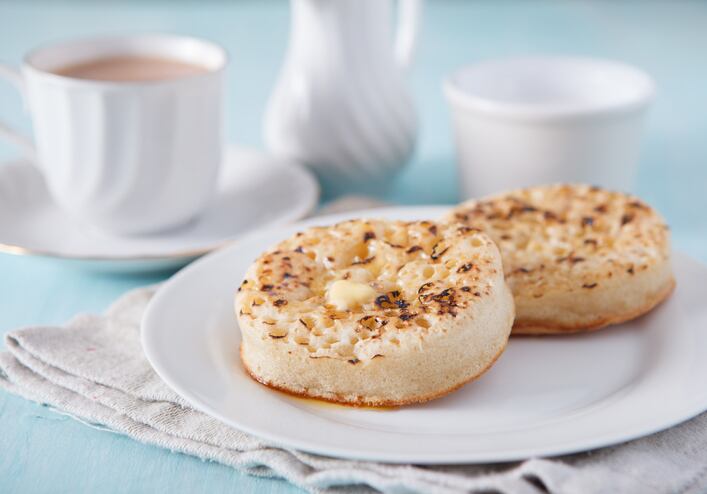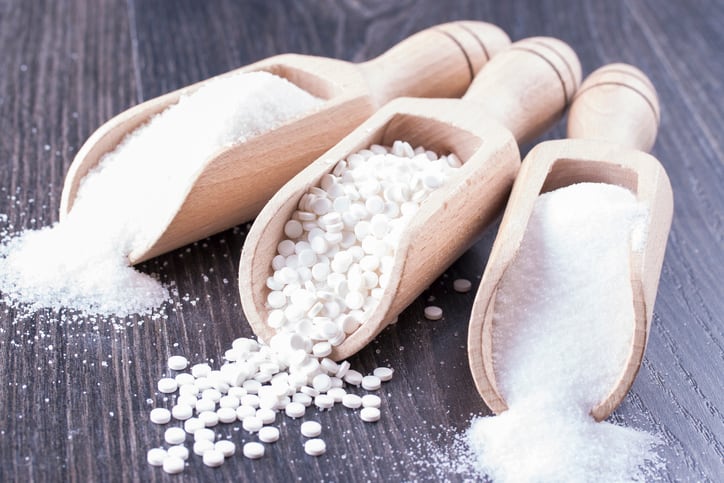The charity Action on Salt, based at Queen Mary University of London, looked at the salt content in 28 types of crumpet from 13 companies. The analysis revealed that Warburtons, which sells over 700 million crumpets a year, is the saltiest, with one Warburtons standard sized crumpet providing the same amount of salt (0.81g) as two portions of McDonald’s small fries.
Eating two Warburtons gluten free crumpets (the highest salt per standard sized crumpet) would provide over a third of an adult's maximum daily recommended allowance (6g salt).
The charity added that Warburtons has not reduced salt levels in its crumpets for four years. “Despite being called out for their high salt levels in 2016, Warburtons continues to fail in reducing the salt content across its entire range of crumpets in what appears to be a complete disregard for the importance of salt reduction on our health,” it said.
Four products remained above the 2017 target: Warburtons giant, normal and gluten-free crumpets and Kingsmill crumpets, according to Action on Salt’s findings. The least salty crumpet surveyed was Sainsbury's taste the difference luxury multiseed sourdough crumpets, which contain 0.94g of salt per 100g and are the same size as a standard Warburtons crumpet.
Professor Graham MacGregor, Professor of Cardiovascular Medicine at Queen Mary University of London and Chairman of Action on Salt said: “Reducing salt is the most cost-effective measure to lower blood pressure and reduce the number of people suffering from strokes and heart disease… it’s a scandal that certain manufacturers have still not made any progress in reducing the salt in their products.”
Public Health England, one of the bodies responsible for healthcare provision in England, set a voluntary salt reduction target for crumpets to contain no more than 1.25g of salt per 100g by 2017, and 1.19g by 2024.
With PHE due to be scrapped in April next year to be replaced with a UK-wide ‘health protection’ institute, Action on Salt said the government must now mandate these targets to ensure a ‘fair and level playing field’.
But crumpet makers, lacking alternatives to give the teatime treat the flavour and texture that consumers enjoy, defended their efforts to reduce salt in the products.
A spokesperson from Warburtons said: “As a responsible family business, we care about providing our consumers with a choice of products that can be eaten as part of a balanced diet and crumpets are no exception. Over the years, we have reduced salt across our range by 25% and our crumpets are rated amber for salt by the Government’s traffic light labelling scheme. We always work hard to ensure we review our recipes while making sure we don’t impact the great taste and quality our consumers expect.”
Chief Executive of the Federation of Bakers Gordon Polson added: “The majority (90%) of crumpets on the market have met the salt reduction requirements for 2017, whilst 30% have already met the targets set for 2024. This is a significant industry achievement, bearing in mind some salt is needed in the production of crumpets, to ensure they offer both taste and quality. The industry will continue to work hard to meet the 2024 salt reduction targets, whilst also balancing with the importance of flavour and texture.”




